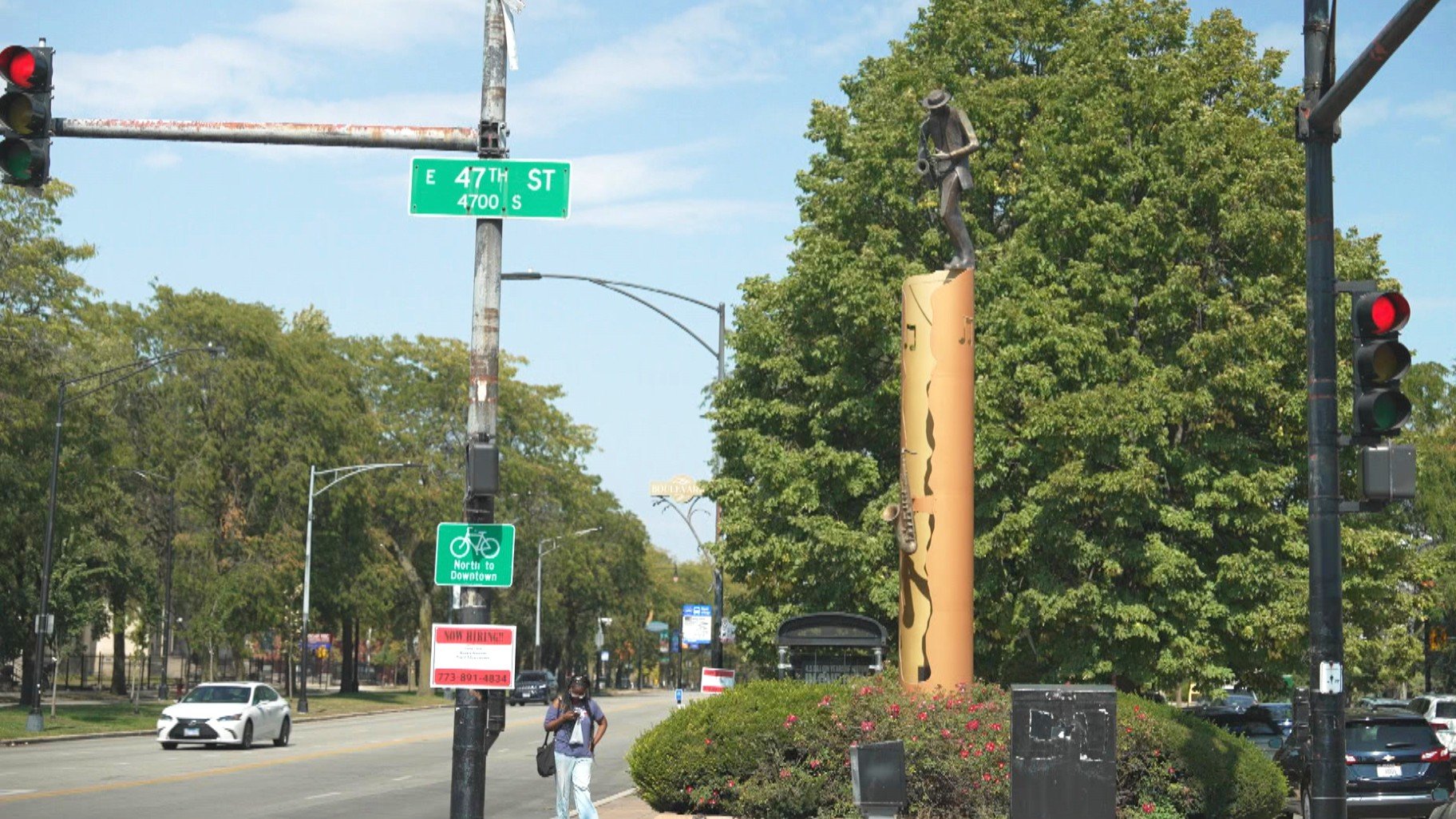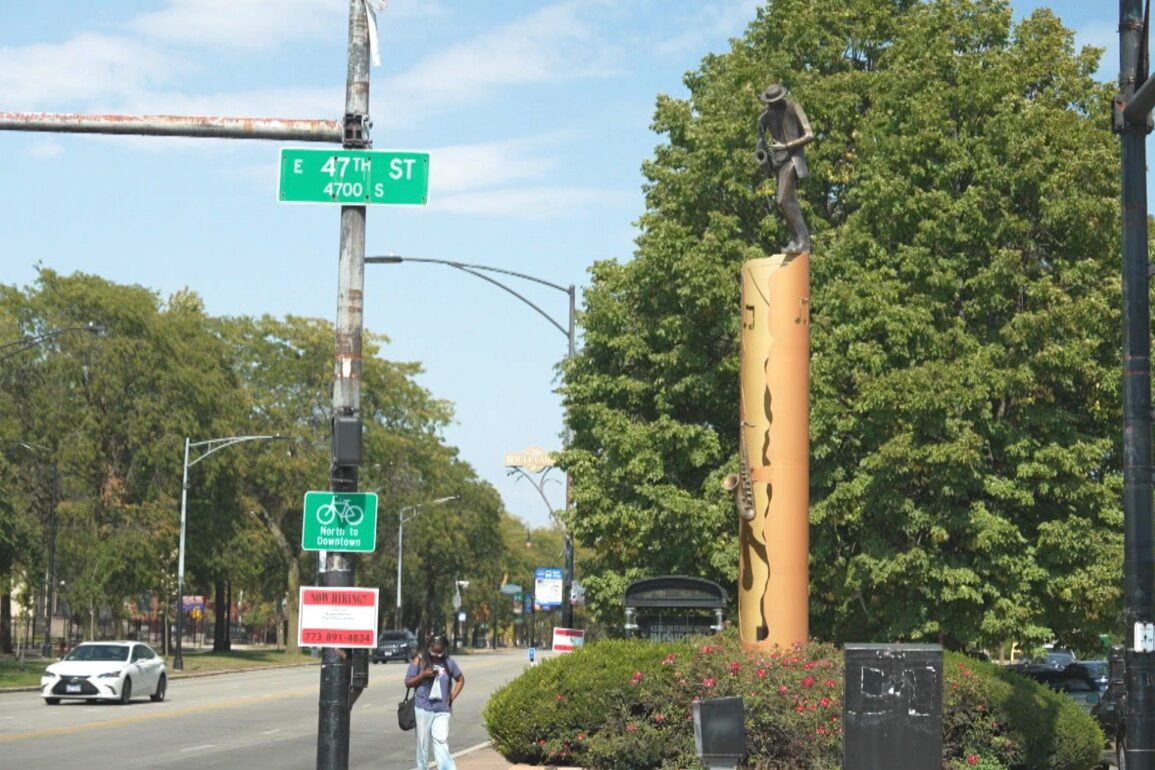
America’s so-called war on drugs was intended to reduce illegal narcotic use but instead led to decades of criminalization, the incarceration of millions of people and increased levels of violence.
The war on drugs is one reason some South Side residents say they could be owed a form of reparations.
Thanks to our sponsors:
It’s all laid out in a recent report through the Chicago Urban League and the South Side Community Reparations Coalition (SSCRC) with a focus on 10 neighborhoods: Douglas, Englewood, Fuller Park, Grand Boulevard, Greater Grand Crossing, Oakland, South Shore, Washington Park, West Englewood and Woodlawn.
Read the report’s executive summary.
The research is three years in the making.
In 2021, the Chicago Urban League received funding from the Illinois Criminal Justice Information Authority’s (ICJIA) Restore, Reinvest, Renew (R3) initiative to help fund projects that sought to better understand the concept of community-based reparations.
With that in mind, researchers held meetings and presented surveys with community members to get a snapshot on how the neighbors felt about five criteria from the ICJIA: civil legal aid, community economic development, reentry, violence prevention and youth development.
While there was no consensus made on the definition of reparations, the main agreement was that reparations should be for individuals rather than an entire community and that it would need to go beyond the acknowledgement of the war on drugs.
Chicago is, of course, an upper midwestern city that doesn’t have the same history of chattel slavery or Jim Crow as the American South. However, that does not mean that the city has not benefited from or been affected by that legacy.
“Chicago benefited from slavery, so it’s not a North or South thing,” said Chicago Urban League CEO Karen Freeman-Wilson. “This entire country was built on the backs of slaves. You can trace the benefit of slavery as far north as Maine.”
When the concept of reparations is talked about in the mainstream, the conversation is typically in reference to atoning for the legacy of slavery and reconstruction and domestic anti-Black terrorism. Freeman-Wilson argues, however, that the war on drugs is an extension of the United States’ racist policies that specifically targeted Black citizens and in turn had a lasting, negative impact on Black communities and families.
“The violence that we see, the challenges that we see, the blight that we see in our communities, it just didn’t happen,” Freeman-Wilson said. “It didn’t happen because people are more violent or more prone to do certain things. It happened because of a history of violence from the slave codes, a history of violence from the war on drugs, a history of really disinvesting in our communities and using drugs as an excuse.”


